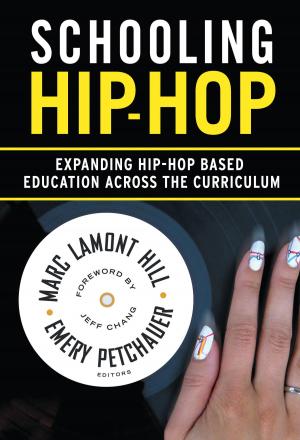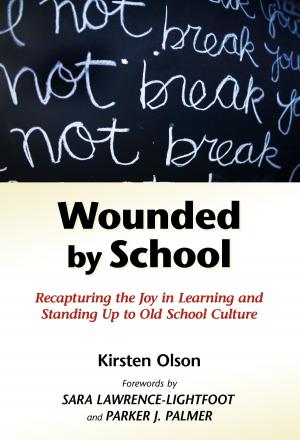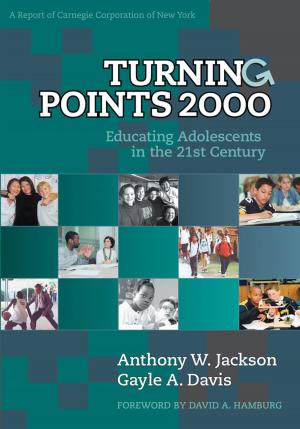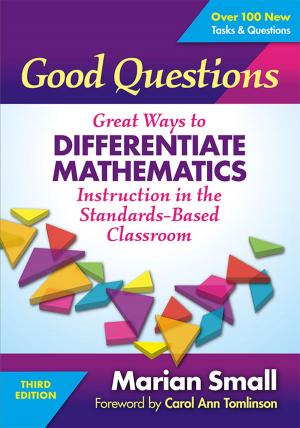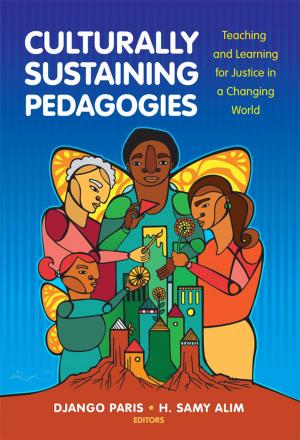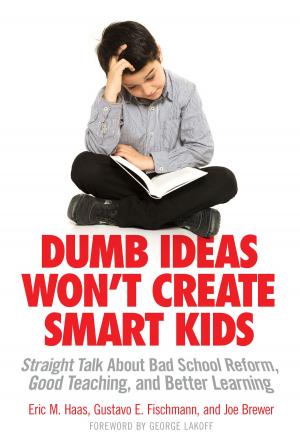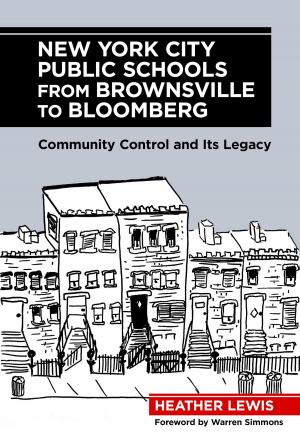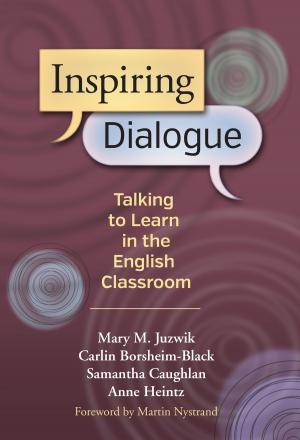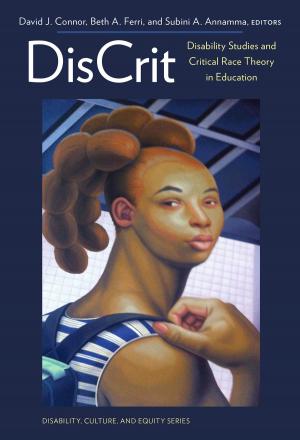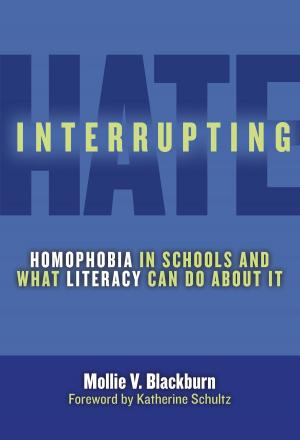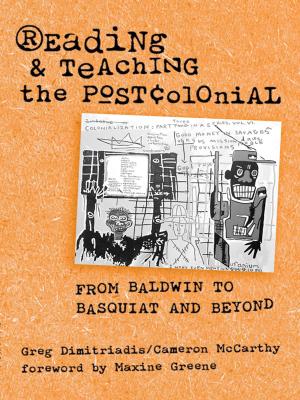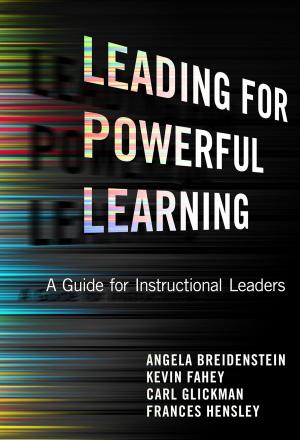Young Investigators
The Project Approach in the Early Years
Nonfiction, Reference & Language, Education & Teaching, Preschool & Kindergarten, Elementary| Author: | Judy Harris Helm, Lilian G. Katz | ISBN: | 9780807774809 |
| Publisher: | Teachers College Press | Publication: | December 15, 2009 |
| Imprint: | Language: | English |
| Author: | Judy Harris Helm, Lilian G. Katz |
| ISBN: | 9780807774809 |
| Publisher: | Teachers College Press |
| Publication: | December 15, 2009 |
| Imprint: | |
| Language: | English |
“As an elementary school principal and former teacher educator, I highly recommend this book. It is an essential professional development tool for promoting effective teaching and learning. I bought the 2nd edition of this book for my entire staff. The content of the book centralizes authentic, student-driven project work that leads to positive outcomes for elementary and early childhood students.”
—Tricia DeGraff, Principal, Academy for Integrated Arts
Now in its Third Edition, Young Investigators provides an introduction to the project approach with step-by-step guidance for conducting meaningful investigations with young children. The authors have expanded their bestseller to include two new chapters—How Projects Can Connect Children with Nature and Project Investigations as STEM—and to provide more help to teachers of the youngest children (toddlers) and older children (2nd grade). The new edition also shows teachers how to use standards in the topic selection process and identifies activities and experiences that will help children grasp key concepts and skills. Throughout the text, readers listen to teachers’ concerns, witness how they find solutions to challenges, and experience how excited children become during project work. This book is appropriate for those new to using the Project Approach, as well as for teachers who already have experience with implementing the Project Approach.
Praise for Previous Editions:
“Everything you could possibly need to start a project is covered in this book, so start investigating!”
—Association for Childhood Education International
“A readable and extremely valuable book…includes a planning journal with step-by-step guidance for doing a first project with young children.”
—Child Care Plus
“Along with tips on how to get started and successfully carry out this approach, readers will find methodologies for maintaining curricular standards and utilizing technology.”
—ENC Focus
“As an elementary school principal and former teacher educator, I highly recommend this book. It is an essential professional development tool for promoting effective teaching and learning. I bought the 2nd edition of this book for my entire staff. The content of the book centralizes authentic, student-driven project work that leads to positive outcomes for elementary and early childhood students.”
—Tricia DeGraff, Principal, Academy for Integrated Arts
Now in its Third Edition, Young Investigators provides an introduction to the project approach with step-by-step guidance for conducting meaningful investigations with young children. The authors have expanded their bestseller to include two new chapters—How Projects Can Connect Children with Nature and Project Investigations as STEM—and to provide more help to teachers of the youngest children (toddlers) and older children (2nd grade). The new edition also shows teachers how to use standards in the topic selection process and identifies activities and experiences that will help children grasp key concepts and skills. Throughout the text, readers listen to teachers’ concerns, witness how they find solutions to challenges, and experience how excited children become during project work. This book is appropriate for those new to using the Project Approach, as well as for teachers who already have experience with implementing the Project Approach.
Praise for Previous Editions:
“Everything you could possibly need to start a project is covered in this book, so start investigating!”
—Association for Childhood Education International
“A readable and extremely valuable book…includes a planning journal with step-by-step guidance for doing a first project with young children.”
—Child Care Plus
“Along with tips on how to get started and successfully carry out this approach, readers will find methodologies for maintaining curricular standards and utilizing technology.”
—ENC Focus

